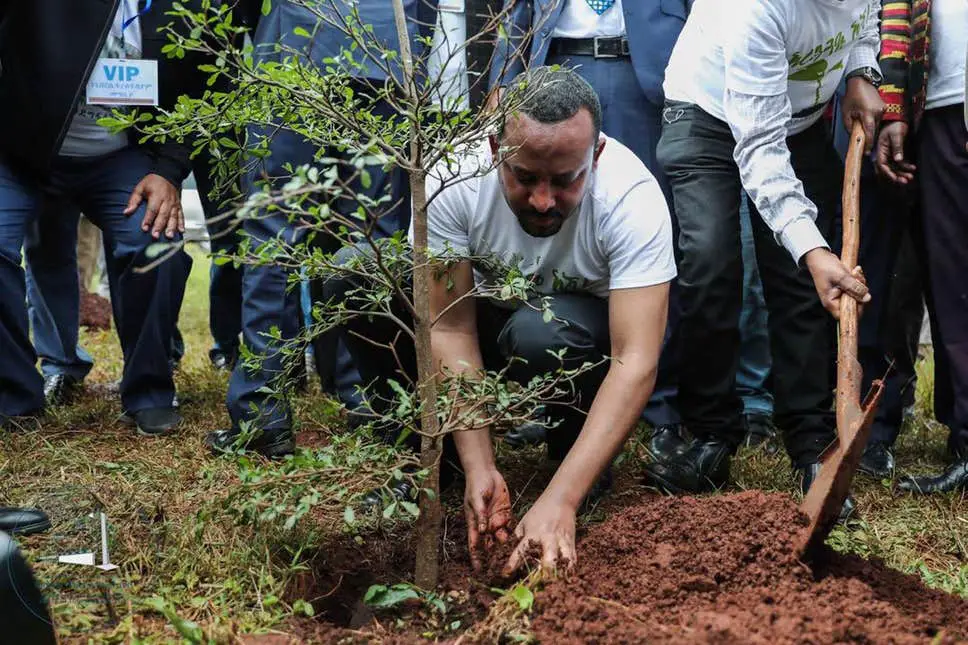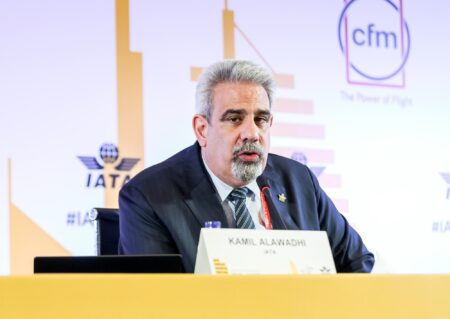A nation-wide tree planting initiative kicked off on the morning of Monday 29th July aimed at breaking the world record of planting 200 million saplings on a single day. India currently holds the world record. They, however, beat that record and planted 350 million trees with hours.
Officially launched by Ethiopia’s Prime Minister Abiy Ahmed in May, the nation-wide reforestation program, also popularly known as green legacy, is aimed at recovering the trees and forests that have been lost over the years.
Getahun Mekuria, Ethiopia’s Minister of Innovation and Technology, tweeted estimates of the number of trees being planted throughout the day Monday. By early evening, he said 353,633,660 tree seedlings were planted in 12 hours.
Staff and representatives from the UN family, African Union, Diplomatic Corps and Ethiopians from all walks of life gathered in Gulele Botanical Gardens and in a park in central Addis Ababa to play their part in supporting the initiative. Additional trees were planted in the compound of the Economic Commission for Africa, which also houses other UN agencies.
Currently, less than 4 percent of the country’s land is forested — a sharp decline from about 30% at the end of the 19th century, according to Farm Africa, which is involved in Ethiopia’s forest management.
Economic Commission for Africa’s Executive Secretary Vera Songwe lauded the tree planting efforts and said, “By greening the country, Ethiopia is leading the Continent in achieving SDG 15 to combat climate change, protect biodiversity and strengthen natural resources management. It is also doing so to increase the overall productivity of both land oceans.” She urged more countries to follow Ethiopia’s example.
Ms. Songwe was joined by Ethiopia’s State Minister for Foreign Affair, Hirut Zemene, in planting trees in and outside the ECA compound before she proceeded to the Gulele Botanical Gardens where thousands turned up to plant saplings in support of the PM’s initiative.
According to the ministry of agriculture, there will be continued monitoring and targeted efforts “to identify which seedlings have grown and been nourished by those who planted them; and where and which ones have died.”
The overall long-term target is 4 billion trees nationwide and according to the Ministry, most of the seedlings being planted are from indigenous tree species. A recent study published in Science magazine, planting billions of trees around the world would be the cheapest and most effective way to tackle the climate crisis. Since trees absorb carbon dioxide, which contributes to global warming, a worldwide planting initiative could remove a substantial portion of heat-trapping emissions from the atmosphere.










